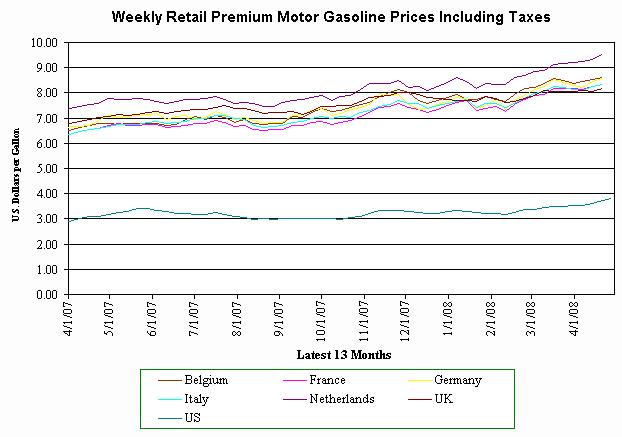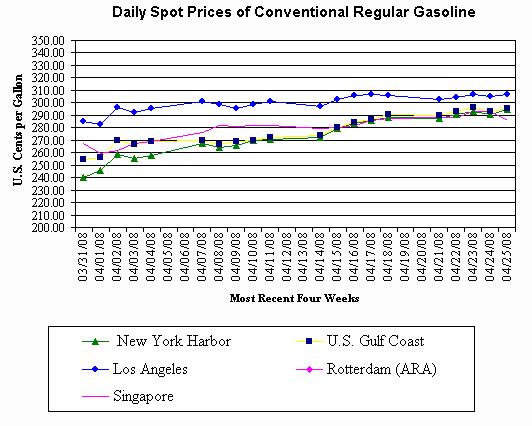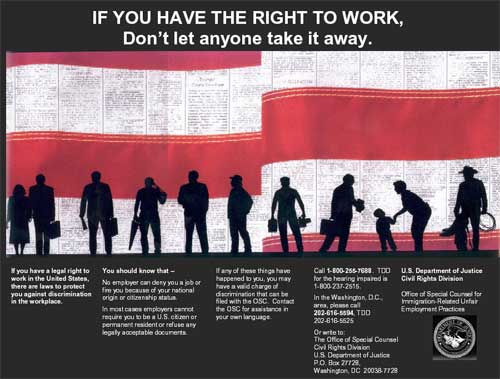The Oil Reality
Yesterday we saw the people who have done the most to keep oil prices high (e.g. Congress) trying to blame shift their policy failures onto oil company executives. Hilariously, Maxine Waters thinks she would do a better job for consumers if she were in charge of the US oil companies.
Beyond the realities of supply and demand, which I guess we all despair of teaching Congress, there were these remarks by Shell's John Hofmeister (via Powerline):
While all oil-importing nations buy oil at global prices, some, notably
India and China, subsidize the cost of oil products to their nation's
consumers, feeding the demand for more oil despite record prices. They
do this to speed economic growth and to ensure a competitive advantage
relative to other nations.Meanwhile, in the United States, access to our own oil and gas
resources has been limited for the last 30 years, prohibiting companies
such as Shell from exploring and developing resources for the benefit
of the American people.Senator Sessions, I agree, it is not a free market.
According to the Department of the Interior, 62 percent of all
on-shore federal lands are off limits to oil and gas developments, with
restrictions applying to 92 percent of all federal lands. We have an
outer continental shelf moratorium on the Atlantic Ocean, an outer
continental shelf moratorium on the Pacific Ocean, an outer continental
shelf moratorium on the eastern Gulf of Mexico, congressional bans on
on-shore oil and gas activities in specific areas of the Rockies and
Alaska, and even a congressional ban on doing an analysis of the
resource potential for oil and gas in the Atlantic, Pacific and eastern
Gulf of Mexico.The Argonne National Laboratory did a report in 2004 that identified
40 specific federal policy areas that halt, limit, delay or restrict
natural gas projects. I urge you to review it. It is a long list. If I
may, I offer it today if you would like to include it in the record.When many of these policies were implemented, oil was selling in the
single digits, not the triple digits we see now. The cumulative effect
of these policies has been to discourage U.S. investment and send U.S.
companies outside the United States to produce new supplies.As a result, U.S. production has declined so much that nearly 60 percent of daily consumption comes from foreign sources.
The problem of access can be solved in this country by the same
government that has prohibited it. Congress could have chosen to lift
some or all of the current restrictions on exportation and production
of oil and gas. Congress could provide national policy to reverse the
persistent decline of domestically secure natural resource development.
This is a point I have made for a while:
Exxon Mobil is the largest U.S. oil and gas company, but we account for
only 2 percent of global energy production, only 3 percent of global
oil production, only 6 percent of global refining capacity, and only 1
percent of global petroleum reserves. With respect to petroleum
reserves, we rank 14th.
Government-owned national oil companies dominate the top spots. For an
American company to succeed in this competitive landscape and go head
to head with huge government-backed national oil companies, it needs
financial strength and scale to execute massive complex energy projects
requiring enormous long-term investments.
Lots more good stuff, check it out.


